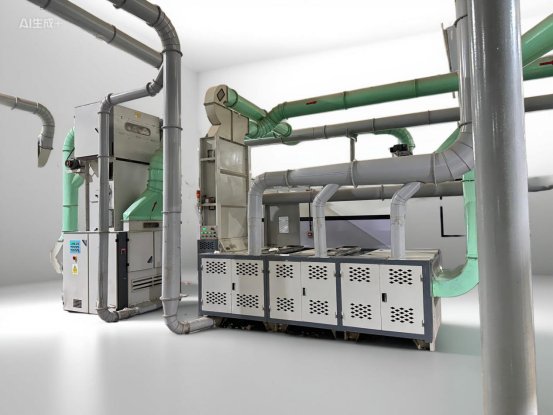

2025/11/05

Driven by the global trend of sustainable development, the green transformation of the textile industry is reaching a critical juncture. The recycling and utilization of textile waste is not only an environmental issue, but also an important lever to leverage new economic growth points in the industry.
The significance of textile recycling has long gone beyond a single environmental protection category. According to industry data, millions of tons of textile waste are generated globally each year. If effectively recycled, it can not only reduce carbon emissions in the textile industry by about 30%, but also create billions of dollars in industrial value. The recycling of textile waste is a secondary activation of resources. Industry experts point out that every piece of textile waste, from old clothing to production scraps, contains the possibility of being regenerated into new fibers and fabrics, which plays an irreplaceable role in alleviating the shortage of raw materials in the textile industry and reducing production costs.
In the textile recycling industry chain, the technical level of recycling equipment directly determines the recycling efficiency and the quality of recycled products. The recently highly anticipated "textile waste recycling machine" is the core equipment for achieving efficient waste conversion. This type of equipment converts textile waste into reusable raw materials through a series of processes such as crushing, sorting, and fibrosis. The iteration of textile waste recycling machines has shifted the recycling process from 'extensive' to 'refined', "said the technical director of a certain equipment manufacturer. The new generation of recycling machines has achieved a qualitative leap in automation, raw material loss control, and recycled fiber quality, which can meet the personalized needs of different types of textile enterprises.

The development of the textile recycling industry cannot be separated from the collaborative efforts of enterprises, technical service providers, policy makers, and other parties. Enterprises need to establish a green development concept and actively introduce advanced recycling technologies and equipment; Equipment manufacturers should continue to increase their R&D investment and launch more intelligent and efficient textile recycling equipment; At the policy level, it is necessary to further improve the standard system and support policies for the recycling and utilization of textile waste, and stimulate the enthusiasm of the entire industry to participate in textile recycling.